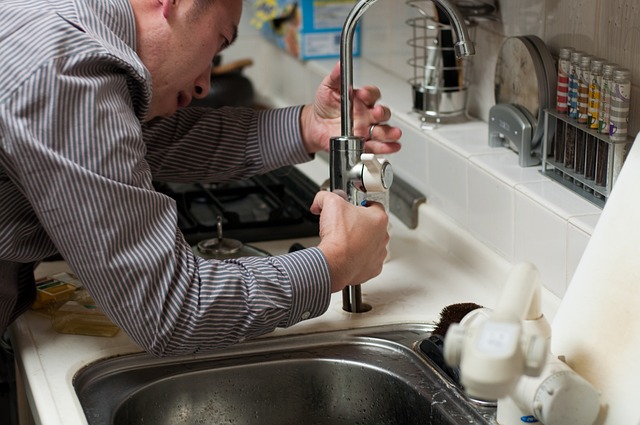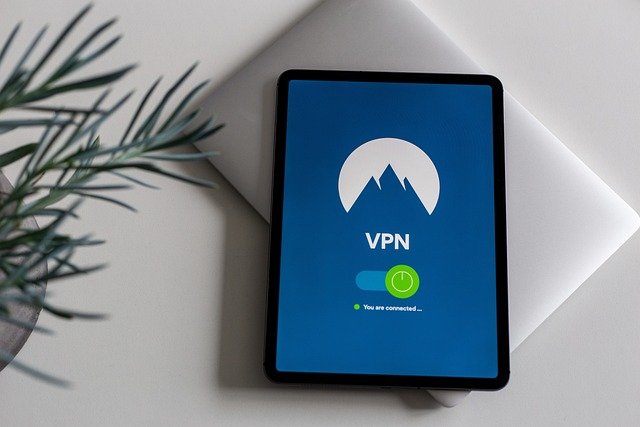Start your eco-upgrade in Ohio
Bottled water is expensive, inconvenient and bad for the planet. More and more families across Ohio are making the switch to home water filtration systems. One high-quality filter can replace hundreds of single-use plastic bottles — start your eco-upgrade today and enjoy clean, great-tasting water without the cost or waste.

Tired of buying bottled water every week?
The weekly trip to the grocery store for cases of bottled water has become a frustrating routine for many Ohio households. Families often spend between $15 to $30 weekly on bottled water, which translates to $780 to $1,560 annually. Beyond the financial burden, carrying heavy cases from the car and finding storage space creates additional inconvenience. Many homeowners report feeling trapped in this cycle, especially when they run out unexpectedly or forget to stock up before guests arrive.
Why more families in Ohio are switching to filters
Ohio’s water quality varies significantly across different municipalities, prompting many residents to seek filtration solutions. Cities like Cincinnati, Cleveland, and Columbus have generally safe municipal water supplies, but taste and odor issues from chlorine treatment often drive families toward alternatives. Water filtration systems address common concerns including chlorine taste, sediment, and potential contaminants while providing unlimited access to clean water. The convenience factor cannot be understated – filtered water is available instantly without planning, purchasing, or storage requirements.
How one filter can replace hundreds of plastic bottles
A typical household water filter can process between 200 to 1,000 gallons before requiring replacement, depending on the system type. To put this in perspective, one gallon equals approximately eight 16-ounce bottles, meaning a standard filter cartridge replaces roughly 1,600 to 8,000 plastic bottles during its lifespan. Under-sink filtration systems often handle even larger volumes, with some premium models filtering up to 2,000 gallons per cartridge. This dramatic reduction in plastic waste represents a significant environmental impact for each household making the switch.
What types of filtration systems work best in Ohio?
Ohio homeowners typically choose from several filtration technologies based on their specific water concerns and usage patterns. Carbon-based filters effectively remove chlorine taste and odor while reducing various chemical contaminants. Reverse osmosis systems provide comprehensive filtration for families concerned about dissolved solids and a wide range of contaminants. Whole-house systems treat water at the point of entry, ensuring filtered water throughout the entire home. Pitcher filters and faucet-mounted options offer affordable entry points for those wanting to test filtration benefits before investing in permanent installations.
Environmental benefits beyond plastic reduction
The environmental advantages of home water filtration extend far beyond eliminating plastic bottles. Transportation costs and carbon emissions associated with bottled water delivery disappear when families generate their own filtered water at home. Manufacturing plastic bottles requires significant energy and resources, while recycling rates for plastic bottles remain disappointingly low despite widespread recycling programs. Ohio generates approximately 2.8 million tons of municipal solid waste annually, and reducing single-use plastic consumption helps decrease this burden on local landfills and waste management systems.
Cost comparison of popular filtration systems
Initial investment costs for water filtration systems vary considerably based on technology and installation requirements. Basic pitcher filters start around $25 to $50, while premium under-sink systems range from $200 to $800. Professional installation may add $100 to $300 for complex systems requiring plumbing modifications.
| System Type | Provider/Brand | Cost Estimation |
|---|---|---|
| Pitcher Filter | Brita Classic | $25 - $35 |
| Faucet Mount | PUR Advanced | $45 - $65 |
| Under-Sink Carbon | Aquasana AQ-5200 | $150 - $200 |
| Reverse Osmosis | APEC ROES-50 | $180 - $250 |
| Whole House | Pelican Carbon | $800 - $1,200 |
Prices, rates, or cost estimates mentioned in this article are based on the latest available information but may change over time. Independent research is advised before making financial decisions.
Long-term operational costs primarily involve replacement filters, typically ranging from $20 to $100 every six to twelve months depending on system type and water usage. When compared to annual bottled water expenses of $780 to $1,560, most filtration systems achieve payback within the first year while continuing to provide savings thereafter.
Making the switch to filtered water
Transitioning from bottled water to home filtration requires minimal lifestyle adjustments while delivering immediate benefits. Most families notice improved taste within days of installation, often discovering they drink more water when it tastes better and is readily available. Storage space previously occupied by bottled water cases becomes available for other uses, and the mental load of remembering to purchase water disappears. Ohio residents report particular satisfaction during summer months when water consumption increases, as filtered tap water provides unlimited supply without additional trips to the store or higher costs.
Home water filtration represents a practical solution for Ohio families seeking to reduce environmental impact while improving convenience and long-term cost savings. The technology has matured to offer reliable, effective options for every household size and budget, making the transition from bottled water increasingly straightforward and beneficial.




